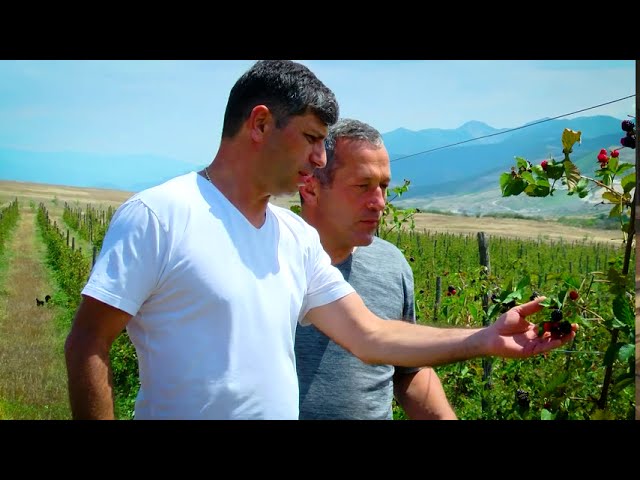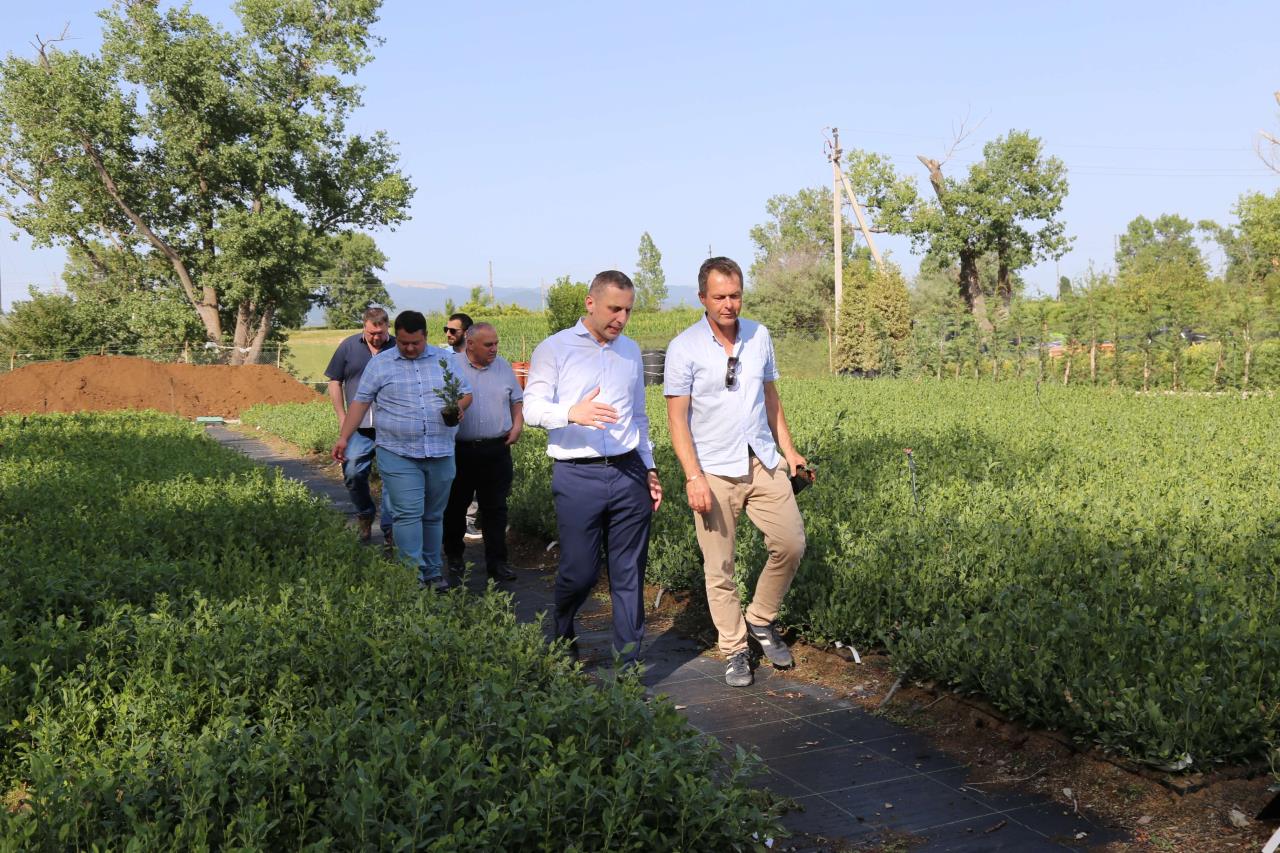
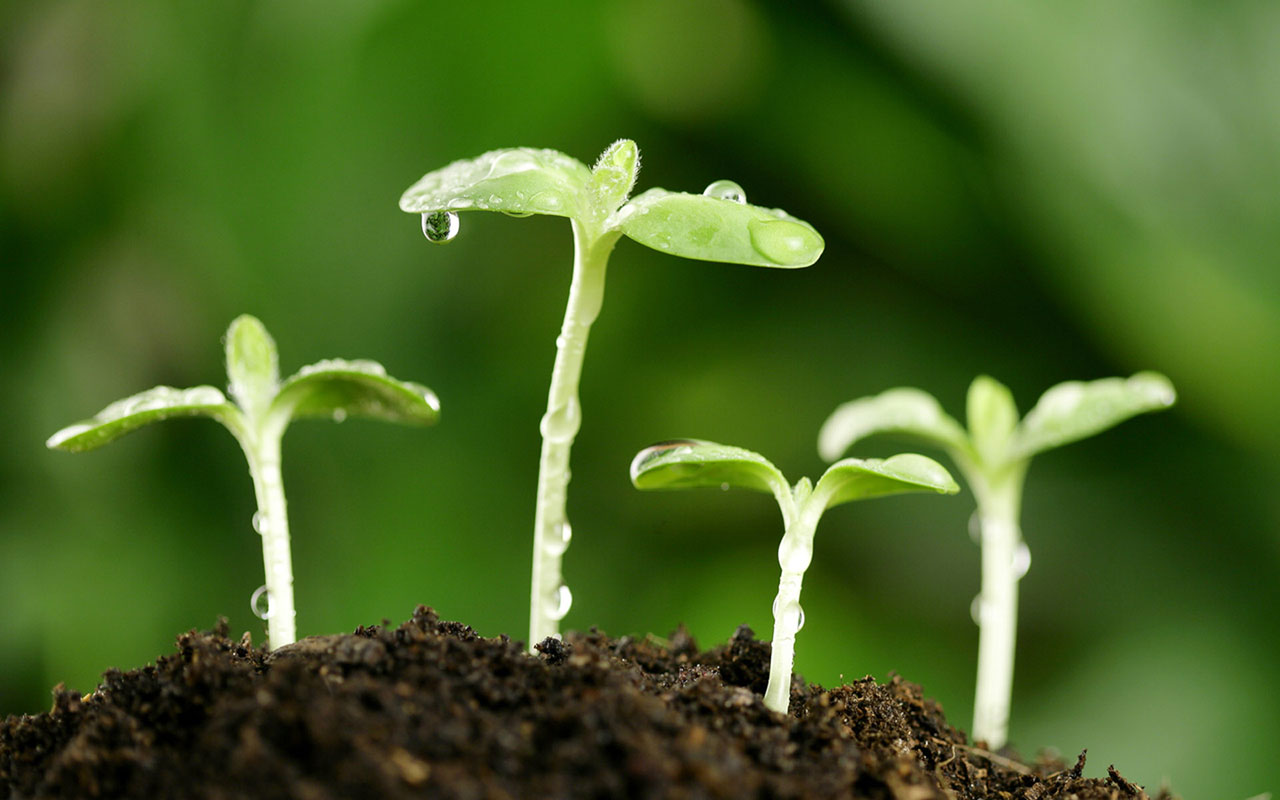
|
Receiving applications for the component are being accepted |
To participate in the co-financing component of nurseries, you can submit a completed application form along with the accompanying documentation:
- In physical form — to the central office of the Rural Development Agency or the relevant regional office;
- Electronically — to the agency’s e-mail address: document@rda.gov.ge
See below for detailed information on the steps required to receive co-financing.
The co-financing component for nursery farms provides financial and technical assistance to potential beneficiaries for the creation of new nursery farms and/or the expansion/modernization/re-equipment of existing ones, as well as for the establishment of new in-vitro plant laboratories and/or the expansion/modernization/re-equipment of existing ones.
Within the framework of the nursery component, co-financing is available for the creation of perennial crop nurseries or the development of existing nursery farms and/or the establishment/expansion/modernization/re-equipment of in-vitro plant laboratories. This can be implemented in all municipalities and self-governing cities of Georgia.
The program includes co-financing for the acquisition of basic mother and rootstock seedlings for the establishment of mother gardens. These must be purchased from nursery farms in the USA, the UK, EU countries, or other countries designated by the LEPL Scientific-Research Center of Agriculture.
Financial Assistance
A potential beneficiary will receive financial assistance within the nursery component if they purchase basic category planting material for the establishment of a mother garden and/or an in-vitro plant laboratory, where they will conduct the cultivation of plant parts and any vegetative material, including rootstocks, cuttings, and seedlings intended for propagation and the production of mother and/or fruit-bearing plants. Assistance is also available for those who already own a nursery farm and/or an in-vitro plant laboratory that meets the conditions outlined in this section.
Only those beneficiaries will be funded under the nursery co-financing component who establish and/or expand/modernize/re-equip nursery farms and/or in-vitro plant laboratories that produce propagation material for crops covered by the program’s orchard component.
The nursery component provides co-financing for 50% of the total cost of the project submitted by the potential beneficiary, but not exceeding 250,000 GEL. Additionally, in the case of establishing a new nursery farm, the total cost of the targeted purposes defined by the nursery component must be no less than 100,000 GEL.
The remaining cost of the nursery establishment project can be financed through either personal funds or a bank loan.
Purpose of Co-financing
The co-financing funds allocated within the nursery component can only be used for the following purposes:
a) Purchase of basic category planting material for the establishment of a mother garden;
b) Establishment of an in-vitro plant laboratory (construction/renovation of buildings, purchase of equipment/machinery, costs for communication setup – including customs clearance/VAT, transportation, and installation work);
c) Purchase of portable laboratory equipment;
d) Installation of irrigation systems;
e) Installation and equipping of mist-generating devices for closed-ground facilities – either buildings or greenhouse structures;
f) Based on the specifics of the nursery farm, establishment of a grafting workshop for winter grafting and/or a fumigation room and/or a refrigeration unit for storing propagation material.
g) Purchase of special equipment (the list of special equipment eligible for co-financing is determined by the Agency together with the LEPL "Agricultural Scientific Research Center").
Technical Assistance
To equip beneficiaries with the necessary knowledge for nursery farm maintenance, those receiving financial assistance can, upon request, participate in training sessions on the following topics:
a) Technologies for propagation material reproduction;
b) Principles of propagation material certification.
Restrictions/Conditions
The target beneficiaries of the nursery component are individuals interested in establishing/developing various types of nursery farms or in-vitro plant laboratories.
A beneficiary can be a citizen of Georgia, a natural person, or an entrepreneurial natural/legal person registered in Georgia under Georgian legislation (including agricultural cooperatives), in which the state does not own shares/stakes/stocks, except for legal entities where JSC "Partnership Fund" directly or indirectly holds shares, stakes, or stocks.
To receive financial and technical assistance under the nursery component:
a) The beneficiary must not have any outstanding debt to the LEPL Revenue Service.
b) The beneficiary must own agricultural land registered with the LEPL National Agency of Public Registry or have acquired agricultural land under a long-term lease from the state/municipal authority/the Autonomous Republic of Adjara/JSC "Partnership Fund" (the remaining lease period must be at least 10 years, and the lease agreement must be registered with the LEPL National Agency of Public Registry).
c) If the propagation material is produced without open-ground cultivation, ownership of agricultural land and submission of related documentation is not required. In this case, the beneficiary must own or lease under a long-term agreement (with a remaining period of at least 10 years and registered with the LEPL National Agency of Public Registry) the appropriate real estate where the nursery farm, in-vitro laboratory, greenhouse, or other facilities will be established.
The beneficiary or the person responsible for operating the nursery farm/in-vitro plant laboratory under the proposed project must have the necessary qualifications.
The land plot where the nursery farm/in-vitro plant laboratory is planned must not be under legal restriction (seizure).
The land plot designated for the nursery farm must be cultivated and suitable for nursery establishment.
The land plot must have access to water, or a permanent water source (lake, river, canal, well, or borehole) must be located within 500 meters of the plot’s perimeter.
Note: If the land has water access, an official statement issued by the relevant structural unit of the agency or the Ministry of Agriculture of the Autonomous Republic of Adjara will describe the factual circumstances observed on-site, confirming or denying the land’s water supply.
If the nursery farm is to be established on open-ground land, the land must be fenced or planned for fencing. If it is not fenced, fencing will be a prerequisite for receiving the co-financing tranche.
Existing nursery farms must meet the requirements of a qualified nursery farm, as confirmed in writing by the relevant center.
The perennial crops propagated in the nursery farm/in-vitro plant laboratory must be registered in the National Catalog of Agricultural Crop Varieties Allowed for Distribution in Georgia, the European Catalog, or the catalog of the country where the variety was bred. This must be confirmed by a certificate issued by the LEPL Scientific-Research Center, which must also indicate if a "protected" variety is planned for propagation.
The funded nursery farm must comply with, and existing nursery farms must adhere to, the requirements of a qualified nursery farm.
Stages
Download and complete the standard application form (Nursery Application Form);
Submit the completed application along with the required supporting documents to the agency (List of Required Documents).
Meeting Minutes - Nursery Cooperative
Meeting Minutes - Nursery Ltd.
If the submitted application and documents meet the program’s requirements, you will receive a letter informing you that your application has progressed to the next stage.
If your application proceeds to the next stage, you must submit a project (business plan) within 3 months of receiving the letter. The business plan must be prepared according to the agency’s questionnaire (Questionnaire).
If you fail to submit the business plan within the deadline, your application will be rejected.
Note: If there are any changes to the required documents during the business plan preparation, the beneficiary must submit the revised version along with the business plan.
The agency will review the project and issue a response approving or rejecting the application.
If the project is approved, you will receive an approval letter, and a co-financing agreement will be signed.
After signing the agreement with the agency, the beneficiary must fulfill all contractual obligations, including:
Land Transfer Restriction Registration: Before receiving co-financing and until all obligations are fully met, the beneficiary must register a restriction on the land plot transfer with the LEPL National Agency of Public Registry.
For the purpose of confirming the fulfillment of the obligations stipulated by the contract, the beneficiary is obliged to submit a conclusion from the LEPL – Levan Samkharauli National Forensics Bureau or a report issued by persons registered in the Public Registry who have been granted the authority to conduct mandatory audits as a result of the quality management system monitoring carried out by the Service.
News


Program "Business Post" - blueberry culture
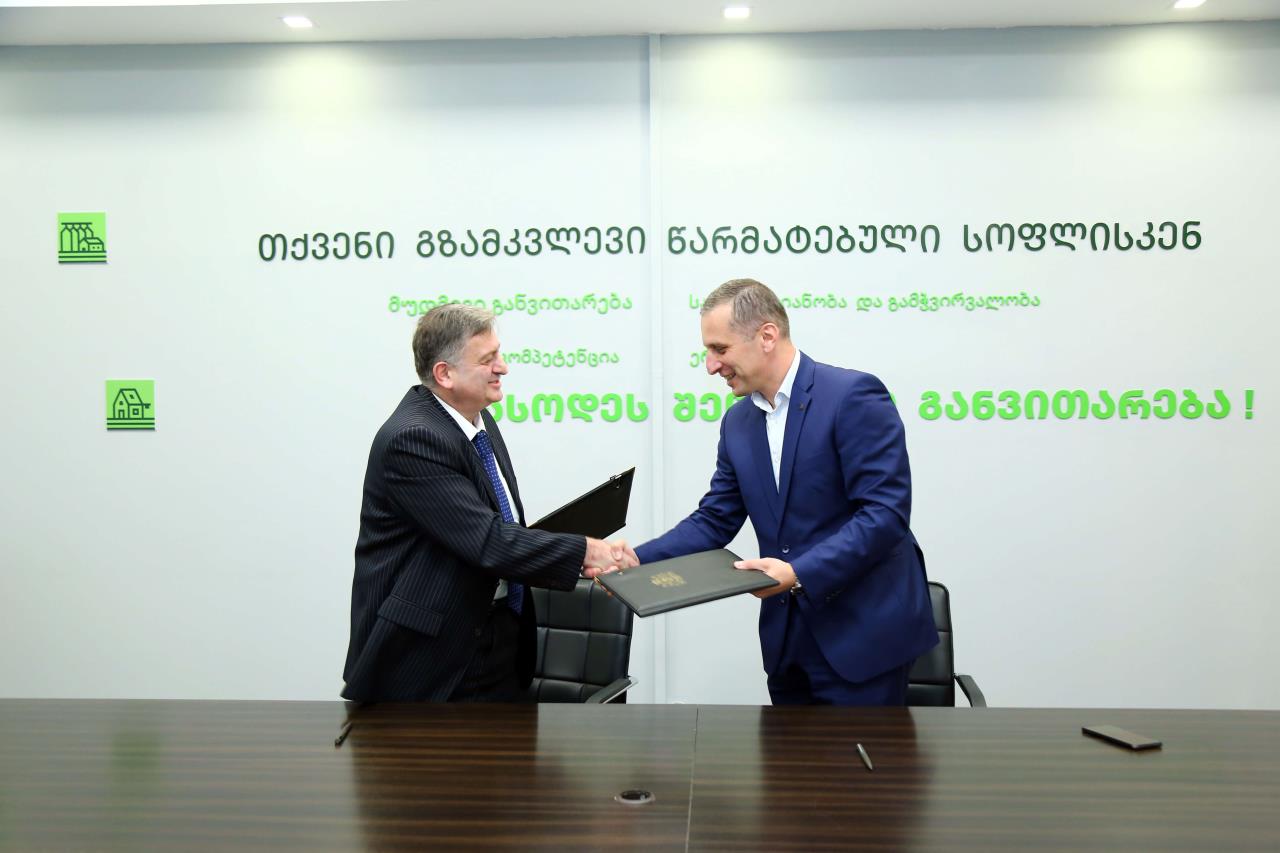
IDPs from Abkhazia will receive an additional benefit in the state program "Introduce the Future".
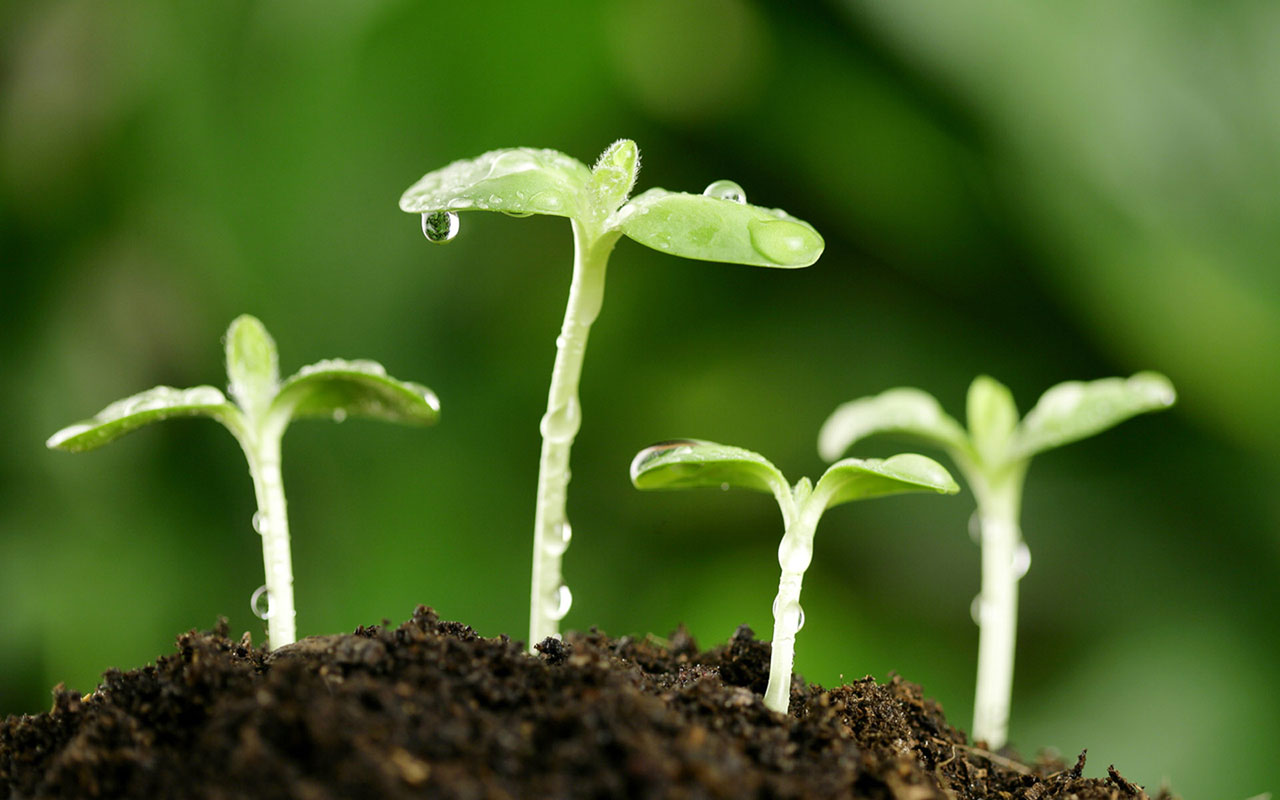
In 2023, the budget of the state program "Plant the Furture" will increase
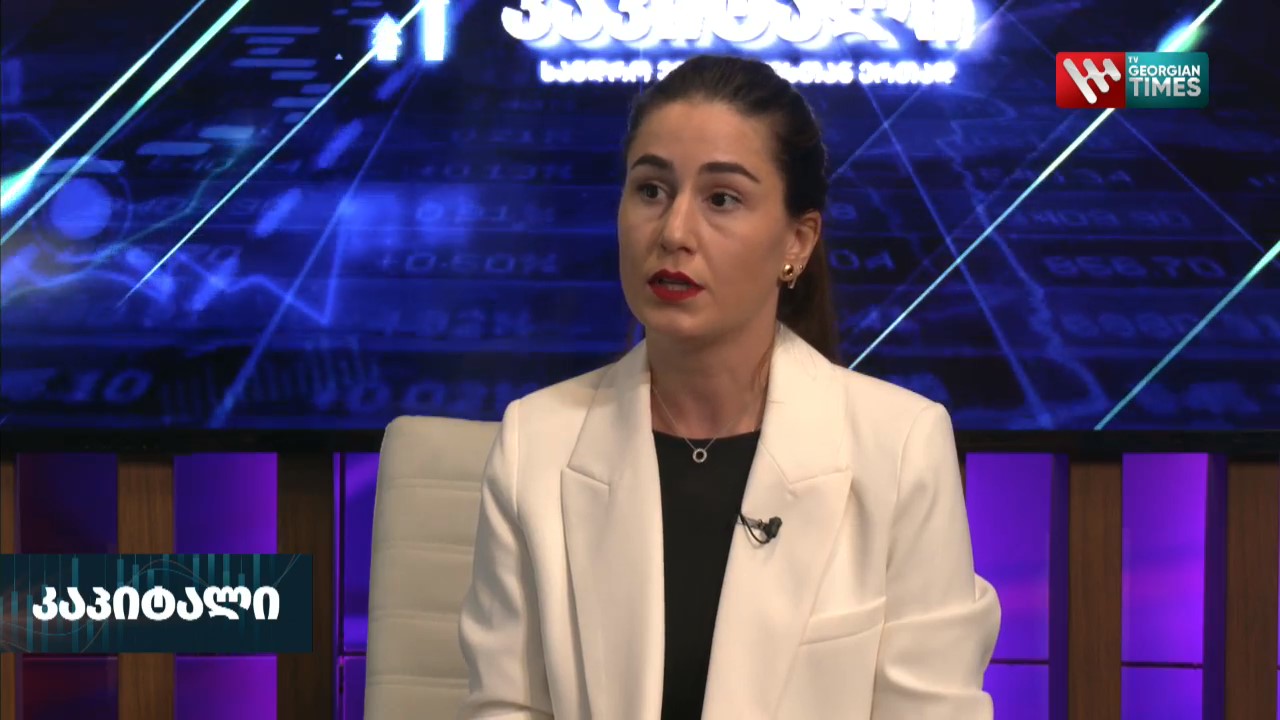
"Plant the future" - program "Capital"
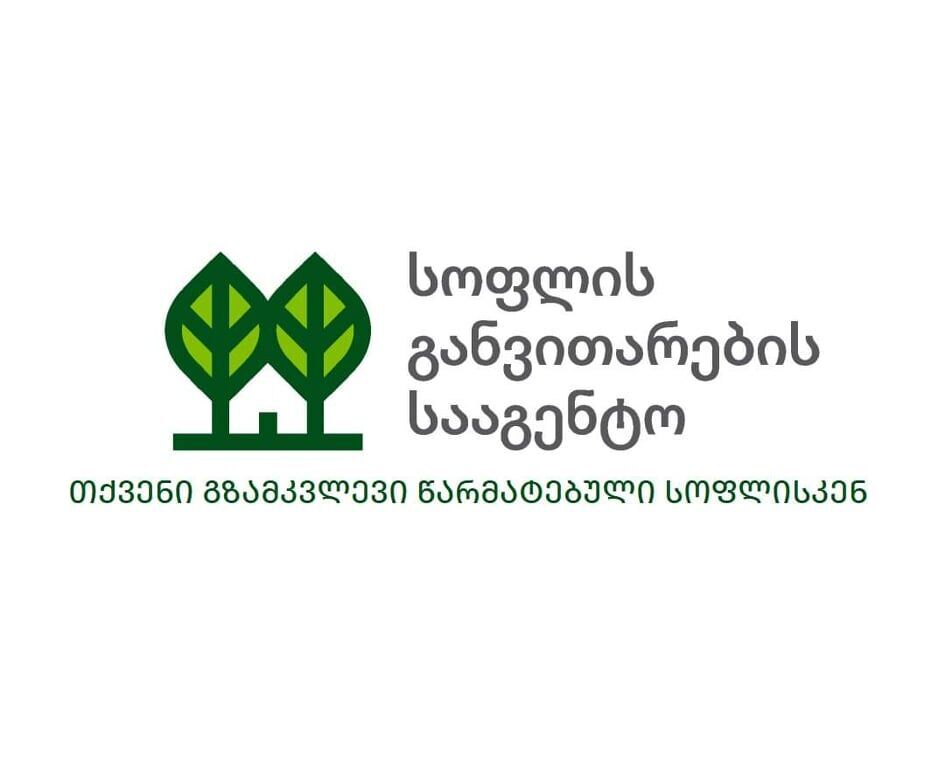
The harvest from gardens co-financed under the state programs is successfully exported to Germany and the United Arab Emirates
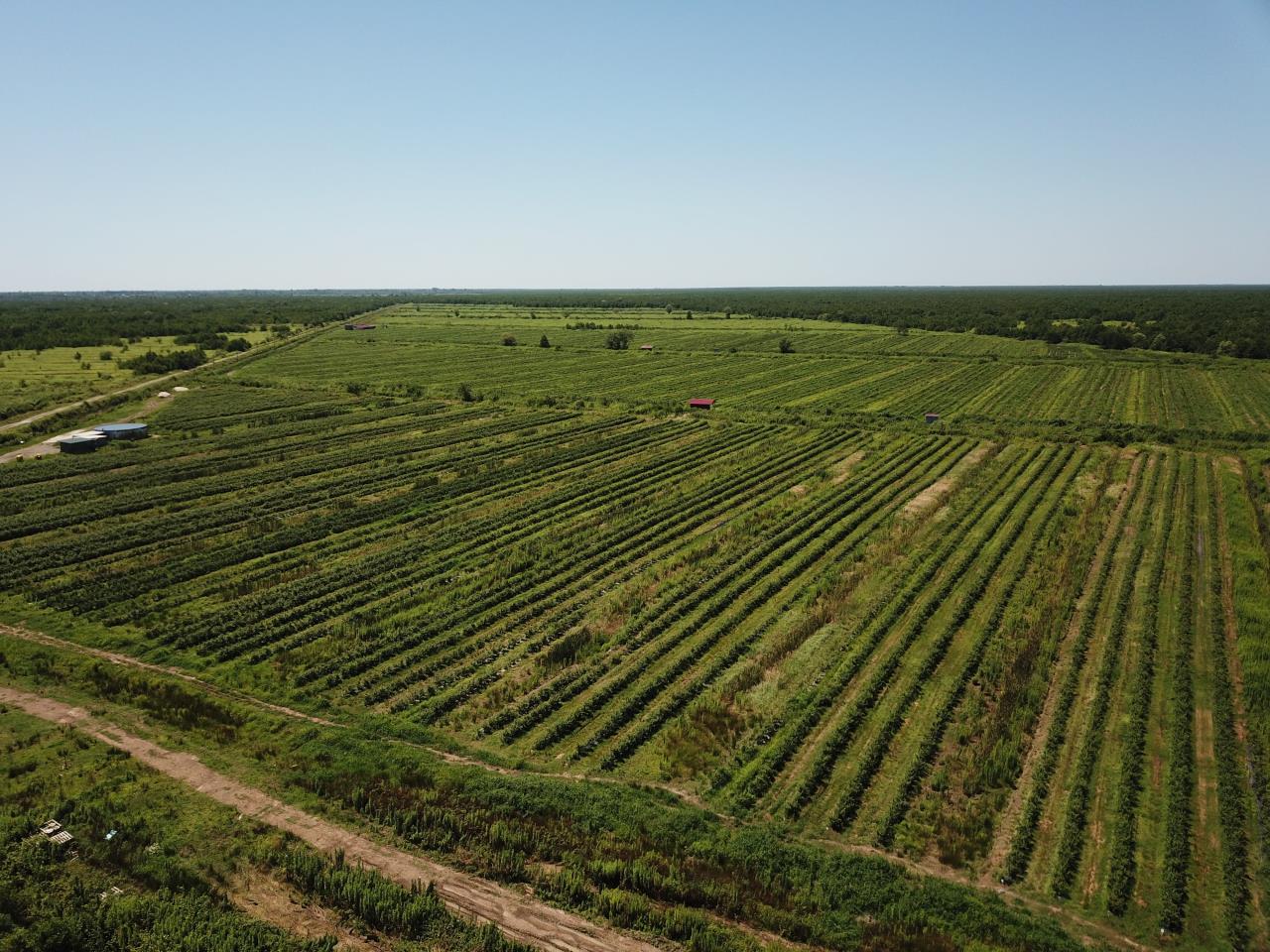
With the financial support of the state, the company “Golden Farms” planted a garden of blue blueberries on 16 hectares and arranged refregirated farming
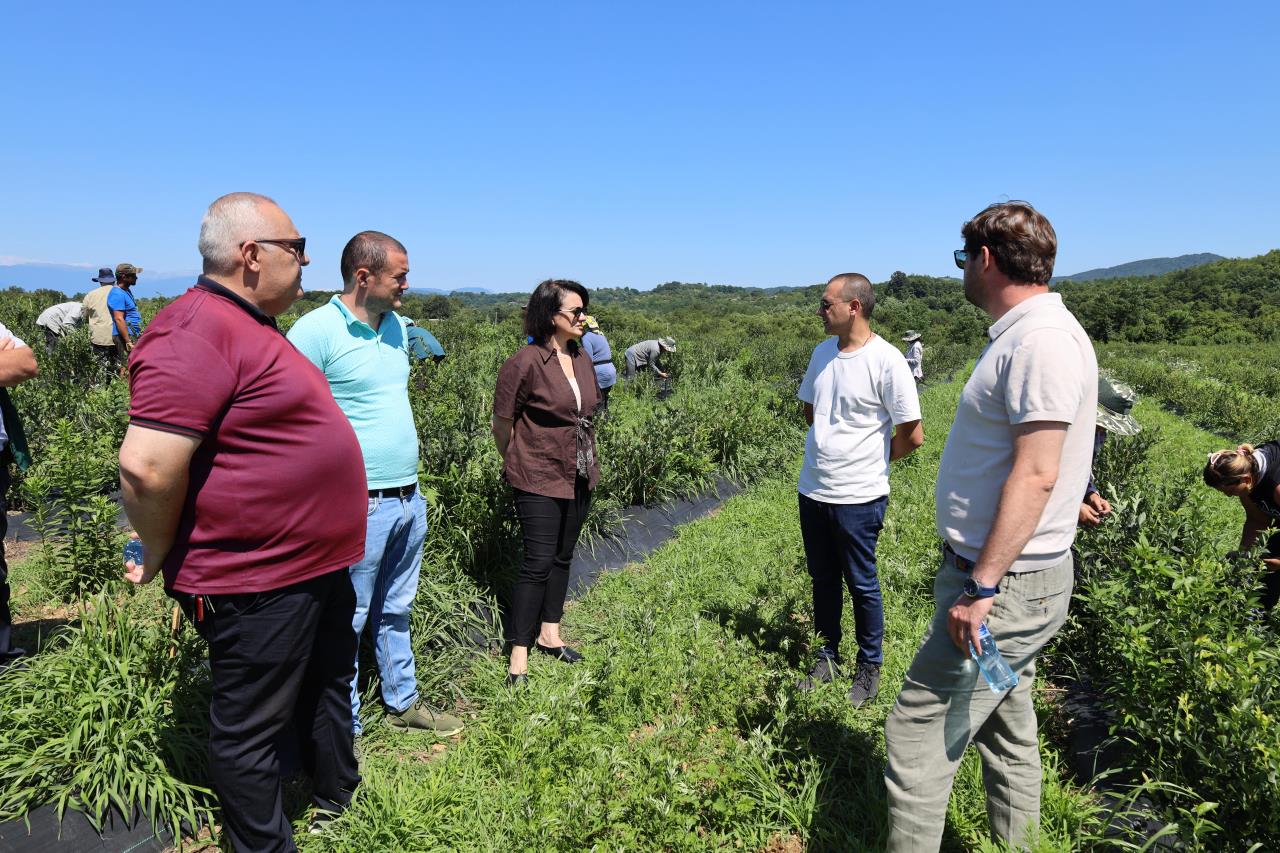
In Senaki Municipality, Rural Development Agency financed the planting of the blue blueberry garden and the creation of the cold farming
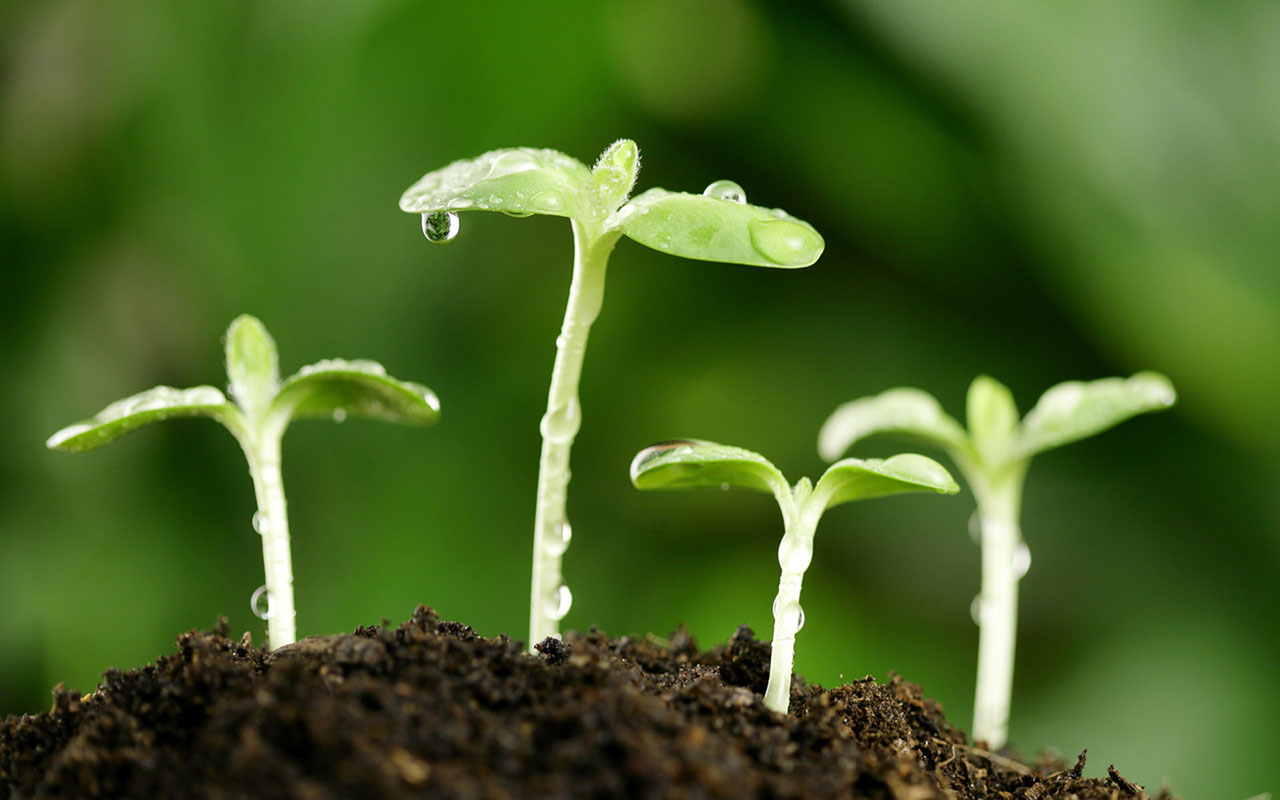
Receiving applications in the program "Plant the future" for the co-financing component of perennial gardens are accepted from October 30

Blueberry orchard planted with the programs of the Rural Development Agency - "Agroveli" company
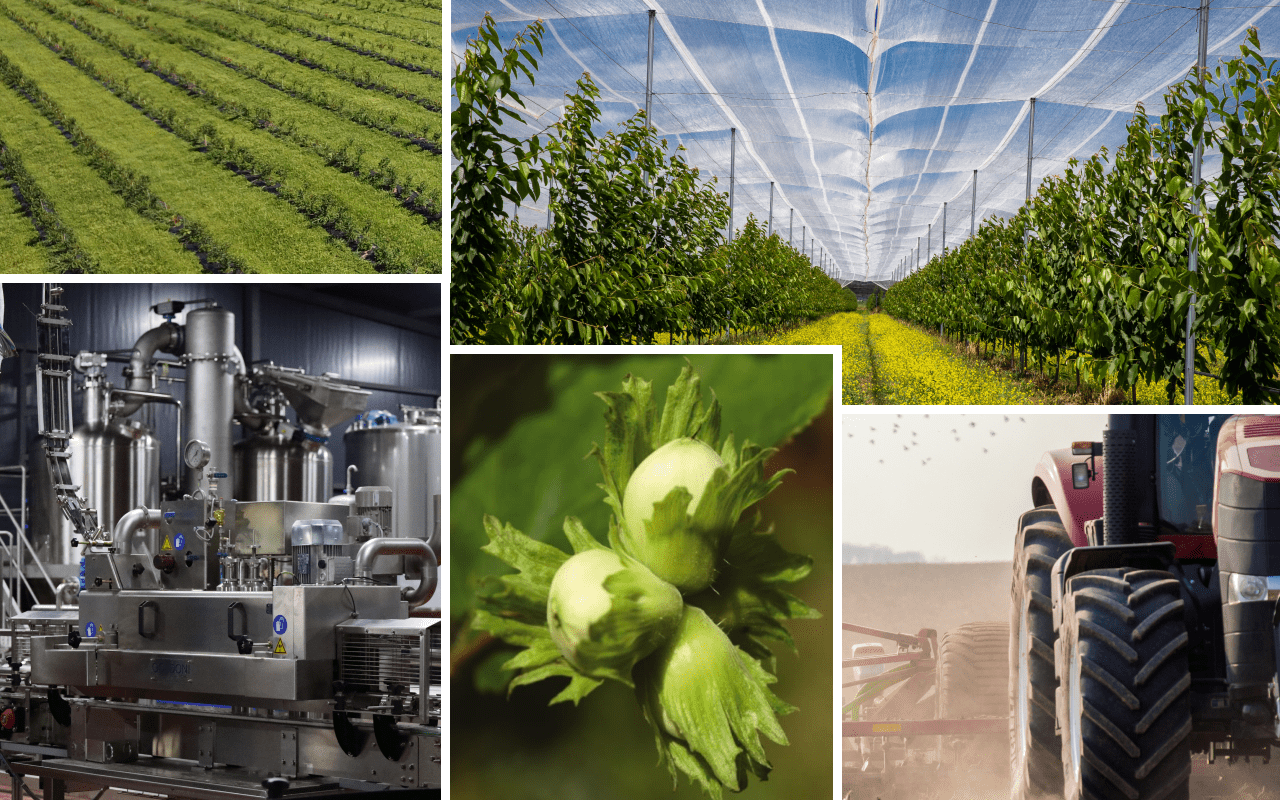
2024 Results of the Rural Development Agency
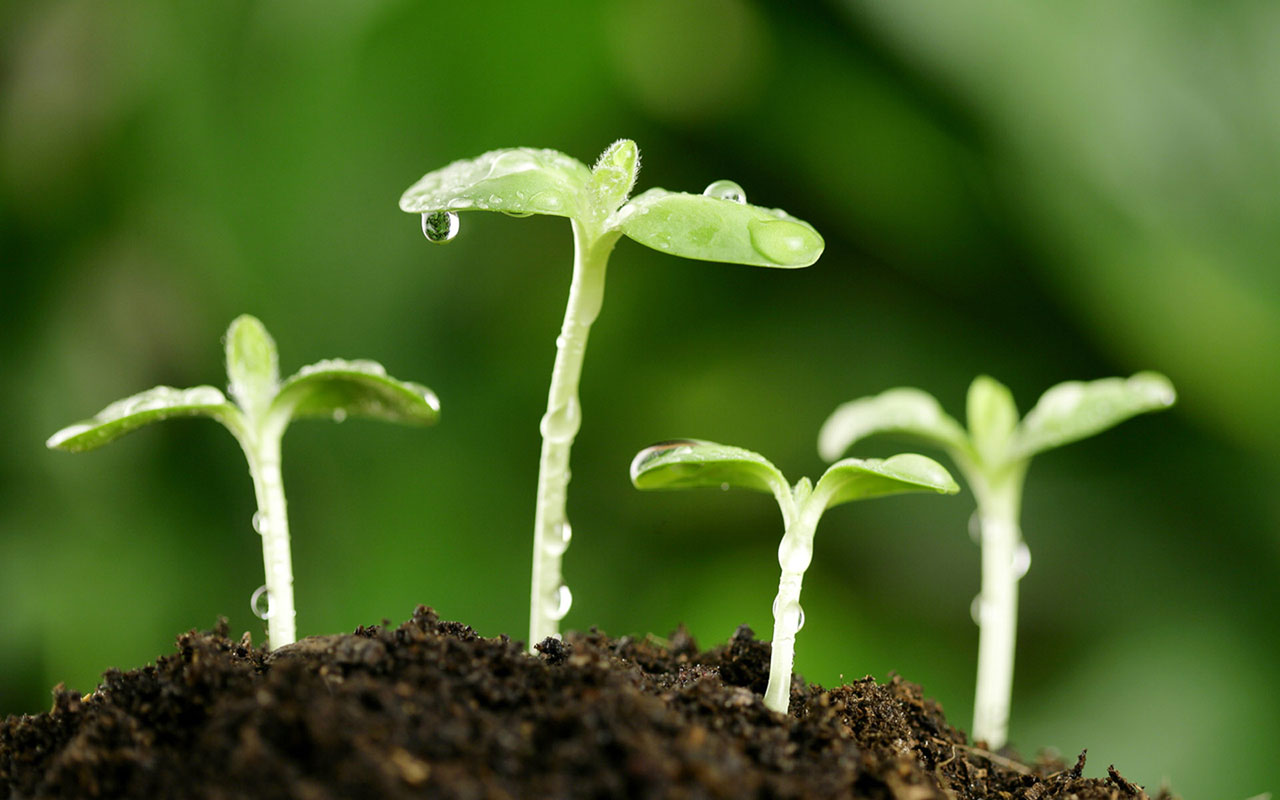
Plant The Future
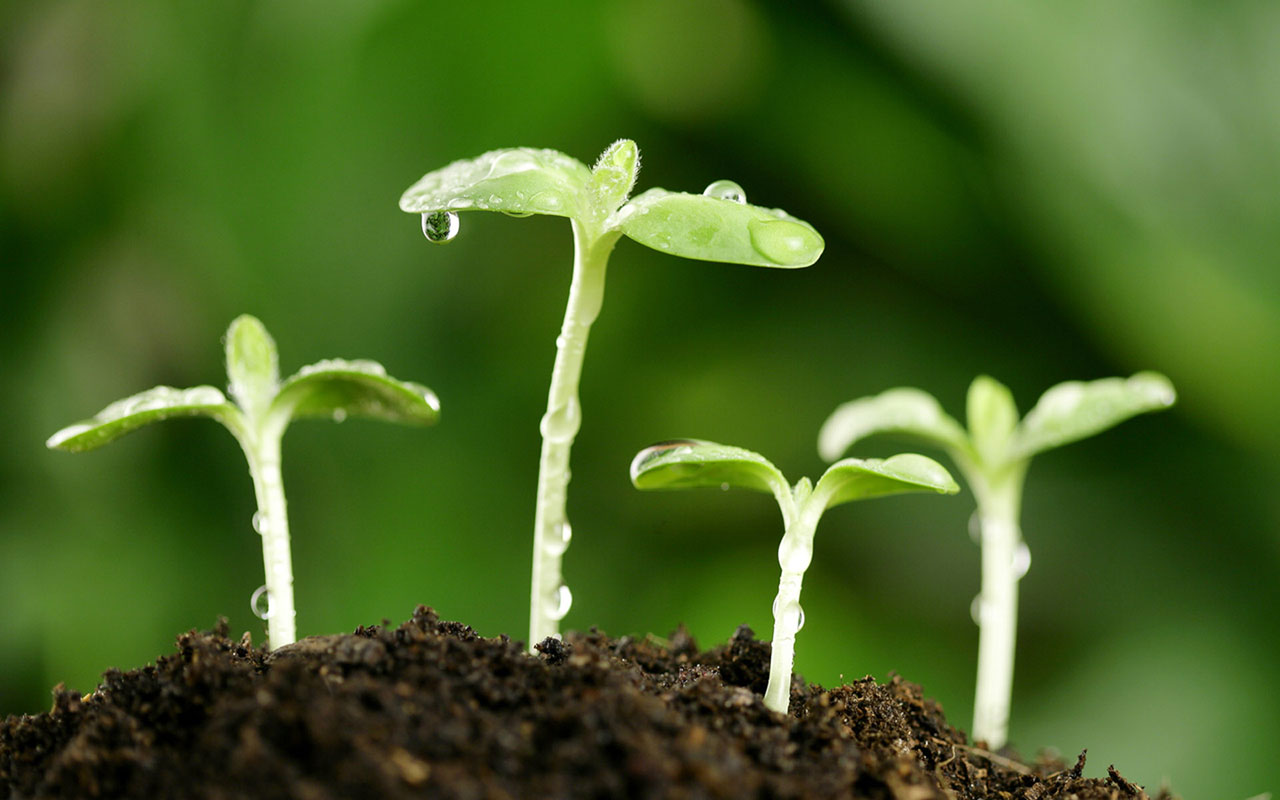
As part of the state program "Plant the Future" in the gardens component, applicants will be able to submit the conclusion on land plot cultivation and water supply until March 14, 18:00
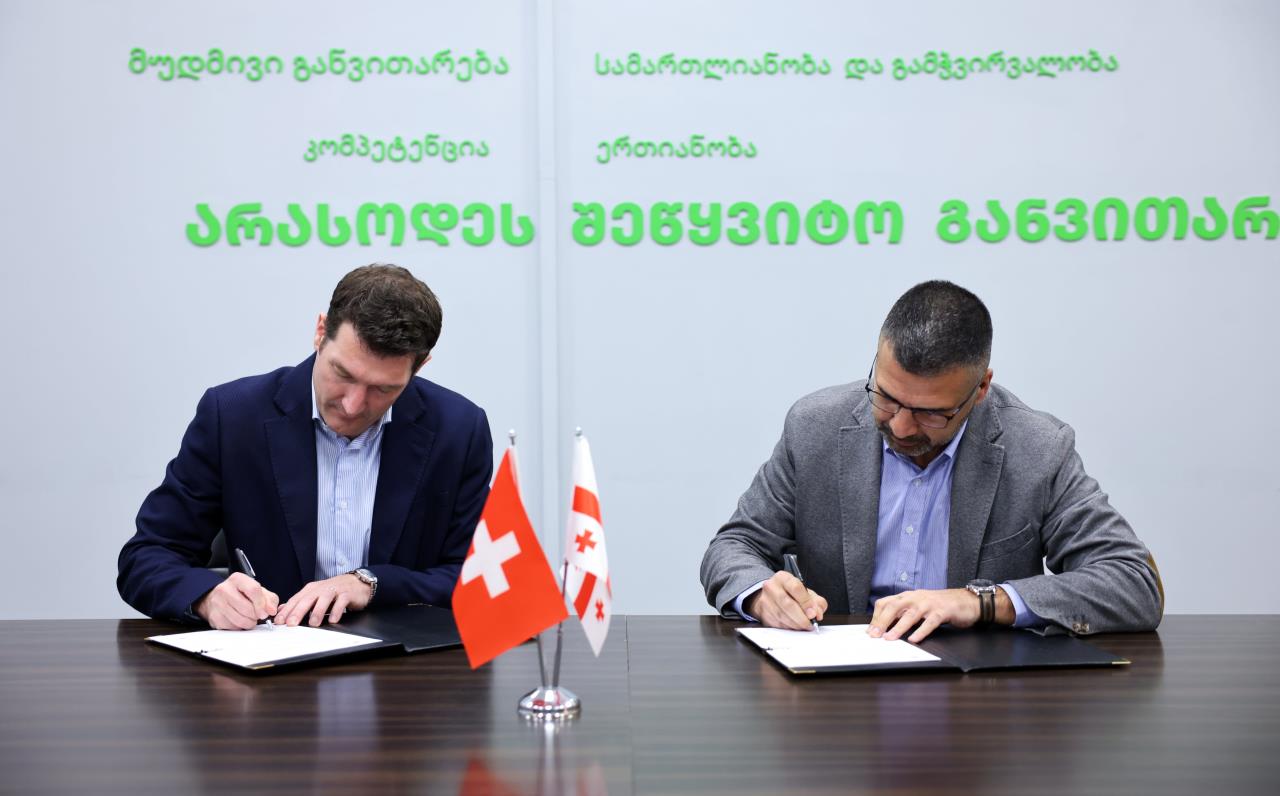
The Rural Development Agency and the Swisscontact Foundation Expand Their Cooperation Scope

Within the framework of the gardens component of the "Implement the Future" program, applications will be accepted from March 24, 2025, at 12:00 PM until March 31, 2025, at 6:00 PM
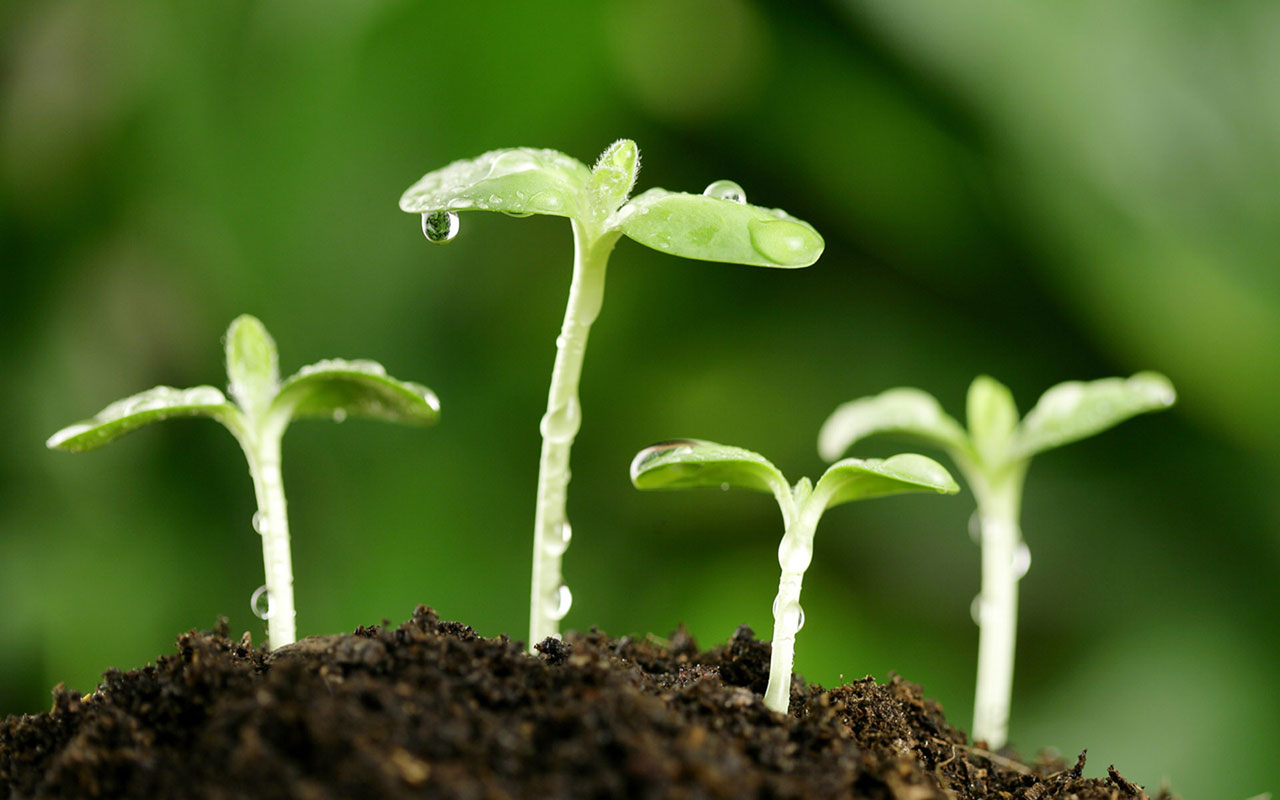
Acceptance of applications for participation in the “Plant the Future” program under the orchards component begins with increased co-financing

Changes to the Technical Assistance Program - TV Program "Maestro Regions"
Success stories
